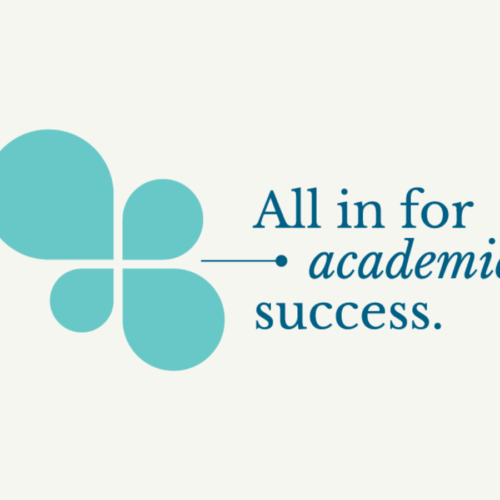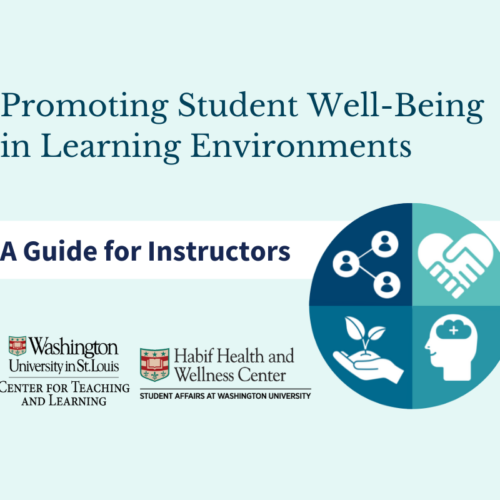Teaching Students How to Work in Diverse Groups
Staci Thomas, Lecturer, Olin Business School, participated in a panel discussion on November 4, 2016 on “Effective Teaching: Tips from Award Winning Faculty” at the recent Focus on Teaching and Technology Conference held at the University of Missouri-St. Louis. Staci is one of the Washington University honorees for the 2016 Emerson Award for Excellence in Teaching.
On the panel, Staci shared some of her teaching practices from her Management Communication course. In particular, she described an assignment in which she has her students work in small groups to do a “live client” project. Students have to create communication strategies with a real client and present their pitches. Staci discussed several strategies she uses to help students improve their group work and communication skills. For example, she begins by having students conduct their a “cultural awareness self-assessment” by identifying their own historical, ethnic and cultural backgrounds. This strategy helps them identify their worldviews and acknowledge any assumptions and biases, an exercise that can help reduce the likelihood of stereotyping others based on minimal amounts of information.
Cultural competence refers to understanding not only your own cultural identity but also your views on differences and your ability to build and connect with those of varying cultural norms. Using a cultural awareness self-assessment tool creates opportunities for students to reflect directly on their views and help heighten their awareness of how they view individuals from culturally and linguistically diverse populations.
As students work through these real-life projects, they experience conflict within their teams. Staci helps the students work through the conflicts by asking students to consider the perspective of fellow team member and to recommend a solution from that vantage point. She also allows groups to find their own group norms or informal rules that help govern the behavior of the group. She notes that these norms may need to be re-assessed during the project as issues arise.
These group work skills can be useful in many courses. Developing the ability to understand someone else’s frame of reference, for example, can help students develop empathy and create a more inclusive classroom experience. Helping students learn to work effectively in groups enhances their confidence in participating in these activities and helps them develop lifelong professional skills. For more information, see Facilitating In-Class Group Work .
Below are two versions of the cultural awareness self-assessment:
American Speech-Language-Hearing Association. Self-Assessment for Cultural Competence
http://www.asha.org/practice/multicultural/self.htm
Cultural Awareness Self-Assessment Form
http://highered.mheducation.com/sites/dl/free/0072563974/87090/ch02.html#


